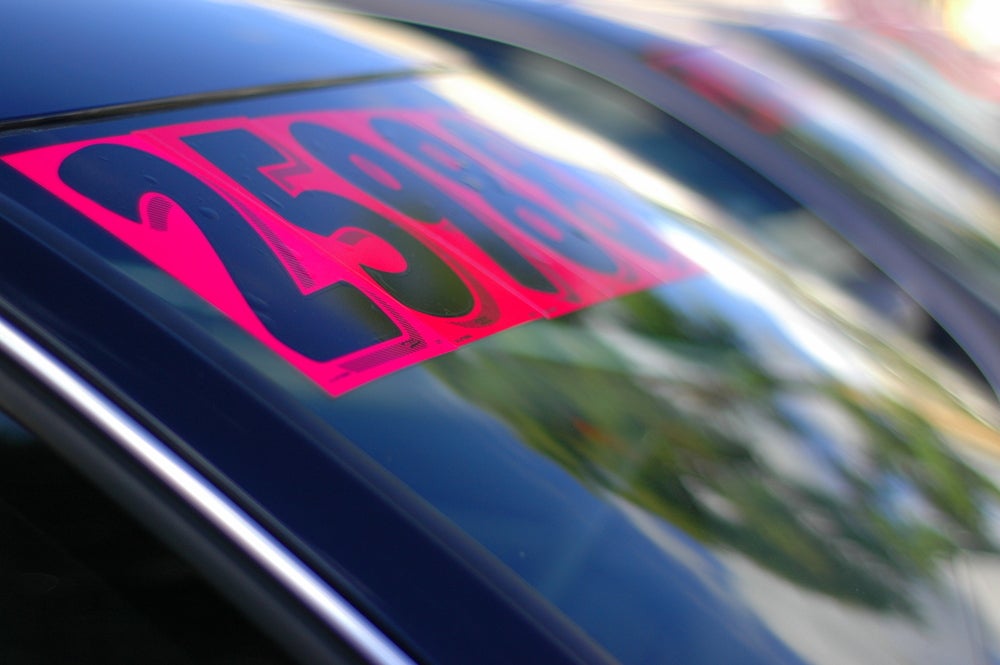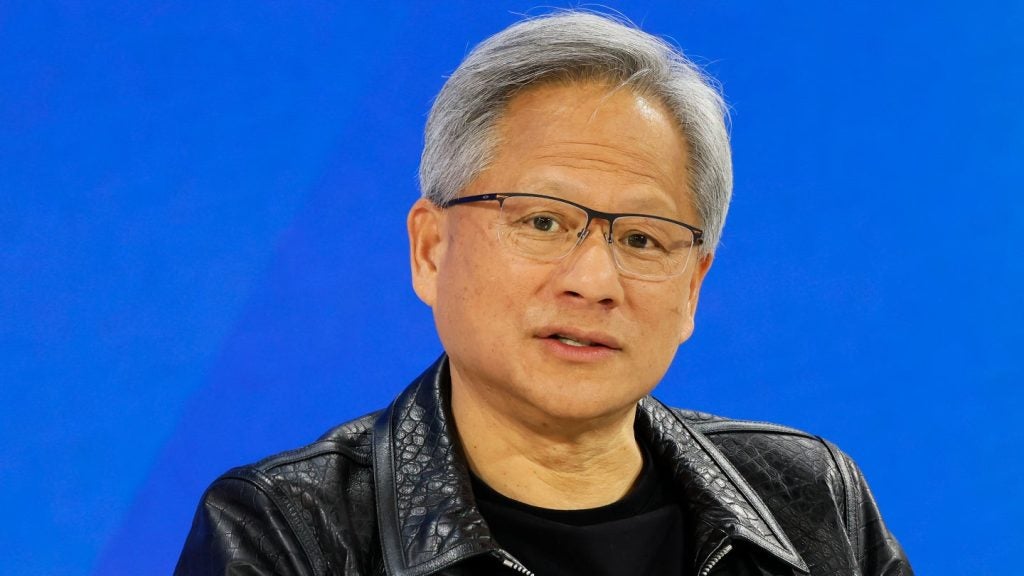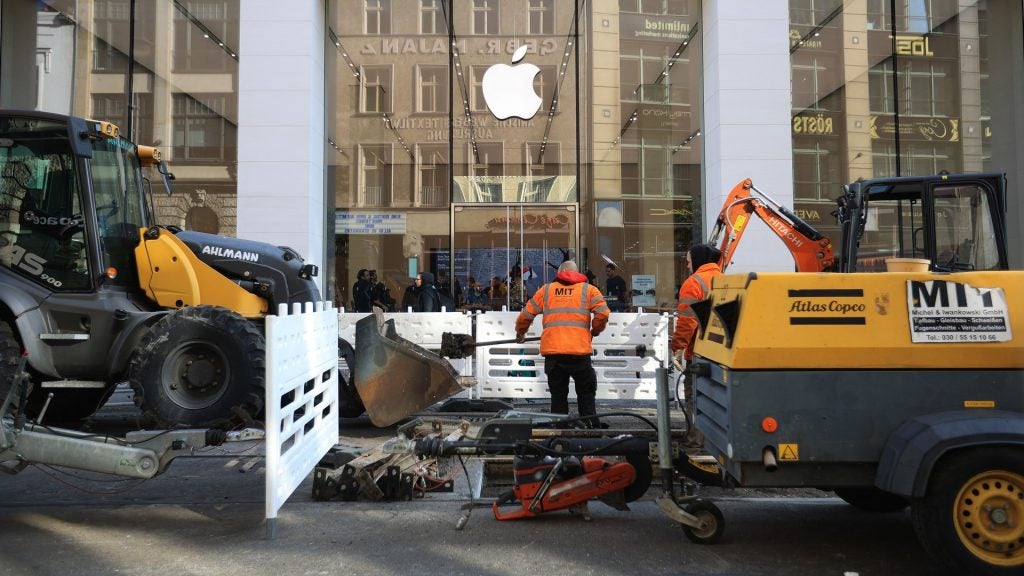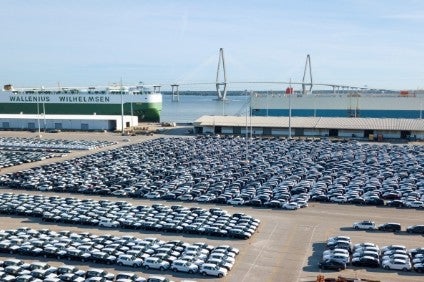
Shipping wholesale vehicles across oceans from production bases to market is a big industry in its own right. However, some damage to these vehicles is inevitable and costly. Invested parties including OEMs, the ports and the insurers. They are searching for ways to identify, explain and decide on associated causes of damage, as well as responsibility and liability – whilst avoiding lengthy litigation. Greater transparency in the whole process also offers the hope of more preventative measures to reduce damage in the future.
One of the leading providers in AI-powered visual inspection, Ravin AI, has announced a partnership with Israel’s largest port, Haifa Port, to assist with this issue.
Ravin AI claims its AI-led visual inspection tool allows vehicles entering the country to be comprehensively assessed, pinpointing any damage during the transport, offloading and storage stages of the transport process – minimising the risk and reducing financial exposure for the port itself.
We spoke to Avital Pessar, vice president of marketing, to learn more about how this technology is assisting ports as well as future steps for development.

Just Auto (JA): Could you explain some background on the AI inspection tool and how it works?
Avital Pessar (AP): We are an AI-powered visual inspection tool. The simplest way to describe it is with some history. When we started, we were working specifically in the rental space. When you think about renting a car, you also have this imagery of returning the car, and an inspector with a clipboard doing a walk-around and telling you if there’s a scratch on the door – and how much that will be estimated to cost to repair. You then wait for the email confirming the cost to you.
How well do you really know your competitors?
Access the most comprehensive Company Profiles on the market, powered by GlobalData. Save hours of research. Gain competitive edge.

Thank you!
Your download email will arrive shortly
Not ready to buy yet? Download a free sample
We are confident about the unique quality of our Company Profiles. However, we want you to make the most beneficial decision for your business, so we offer a free sample that you can download by submitting the below form
By GlobalDataWe eventually looked to automate this process. Actually, it was not too difficult. There’s a way to bring in artificial intelligence and an application through your smartphone to assist the process. So, instead of having an inspector come and do it, you can do it yourself when you return your car. You can then understand what the damage is like right there and then. It’s automated, it’s fast, it’s reliable, it’s transparent – there are no surprises. You don’t have to wait for weeks wondering what the cost will be.
With Covid people weren’t really renting cars, so we really started to look at the fleet world, the used car world, and now, the Haifa Port. It’s opened an opportunity for a new vertical.
Our product is a web-based app, meaning there’s no download required. If you have a smartphone, we’ll send you a web-based link and you can download it on your phone. You can easily use it and have a full car inspection within a few minutes. It’s a simple walk-around; it feels like you’re taking a video, but really our AI is capturing all the correct angles and understanding if there’s a bump or a dent and putting together algorithms to give you pricing behind it – so we have a reliable estimate on repair cost.
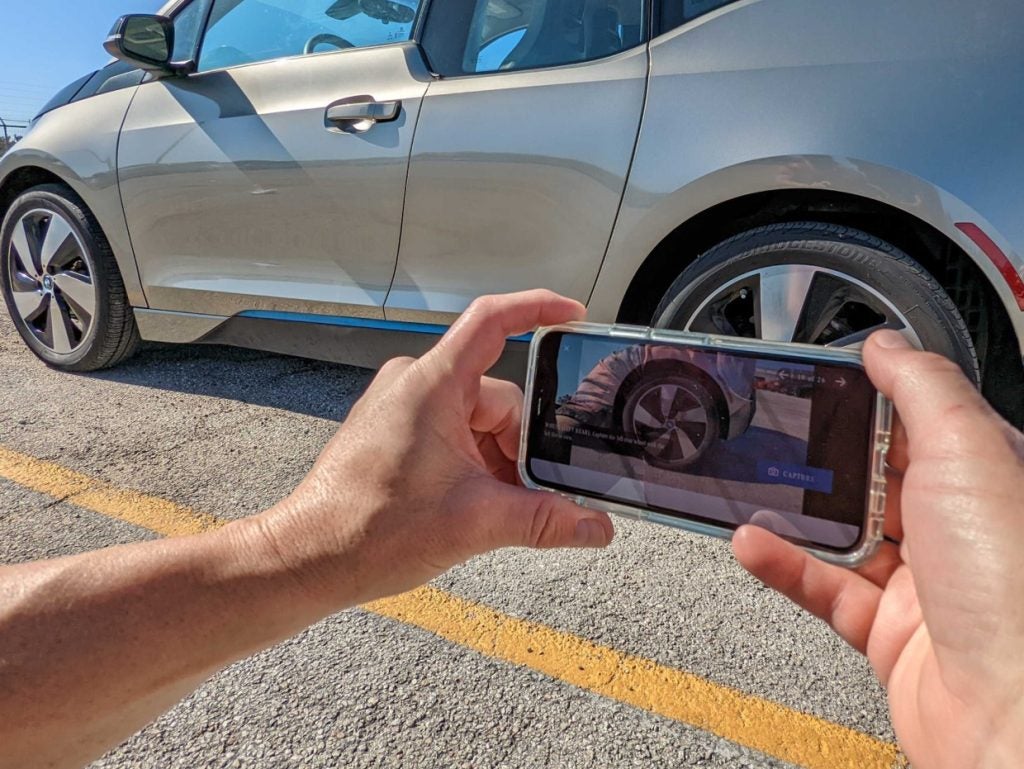
How did the company come to work with the port?
We came to the port via a special programme for start-ups. It was specifically for companies within the Haifa area which is the northern part of Israel. That’s where Ravin AI’s headquarters are, and they were looking for collaboration with other Haifa businesses. It just seemed to be a natural fit, so that’s how the relationship began.
The port has about 40,000 vehicles that come in annually. So every year there’s millions of dollars of vehicle damage during the transport and maritime process
The port has about 40,000 vehicles that come in annually. So every year there’s millions of dollars of vehicle damage during the transport and maritime process. It’s really hard to pinpoint when the car received any damage. Was it from the OEM when leaving the manufacturer? Was it getting to the port? Was it something at the port?
The technology is able to bring full transparency at the point of port entry.
We’re able to document the journey of the car and alert support staff if there’s any damage in real-time that’s happening and understanding when those damages occur. We’re helping minimise the risk and financial exposure for the port because previously they may incur additional cost that wasn’t really from them.
What are some of the key benefits of this technology?
I think it’s knowing when something is damaged and understanding who’s accountable for it, and ensuring that transparency there.
Purchasing a vehicle is one of the most expensive purchases for consumers. So if this is something that you spend a lot of money on, you would want to ensure that it’s protected correctly, that there are no scratches, dents or other damage.
I think this technology helps leave the end-consumer reassured about quality and process.
I think this technology helps leave the end-consumer reassured about quality and process.
What are the next steps for the company?
I think there’s a lot of area for expansion and the port is just touching upon one of them. We are working on a big project called ‘Consumer Trade’. We’re seeing a lot of trends right now for dealers to buy used vehicles remotely. We think there is an opportunity there to work with the dealers and help them buy more used cars without having to physically come into a dealership.
We offer software on your smartphone; you can do it from the ease of your parking lot or from your home. You don’t necessarily have to come in to know what the cost or the value of your used car is. When you think about dealers who are really wanting to buy used cars and sell them in quantity, we think that’s a huge area of opportunity.
In terms of my goals, I would say increasing brand awareness and letting people know about Ravin AI and our capabilities. We offer a solution that that can fit different areas. It can be within the insurance side and focused on damage and repair estimates; it can be on the used cars focus within a dealership; it can be with auctions; it can be with the OEMs; it can be with the rental companies, or leasing companies. We do currently work with Toyota and Lexus out in North America for their lease returns.
Those are a lot of areas where our solution is highly attractive. We’re hoping to become the ‘DocuSign’ of the vehicle inspection world!
What do you think the future holds for the uptake of this technology?
I think it would be exciting if we became a tagline so that you when you rent a car you see the stamp saying, ‘Powered by Ravin’ and you know that there’s a certain level of trust there. You know that the condition of the vehicle or a report is going to be reliable.
Working with Toyota and Lexus in North America means we do have a taste of what it’s like to work with such large brands. I think that’s the hope that we’ll continue dominating that space and going into a much larger scale than we’re at right now.



